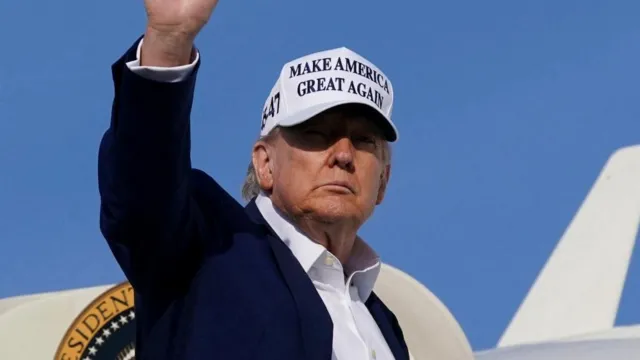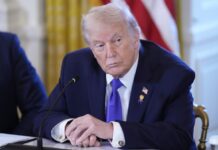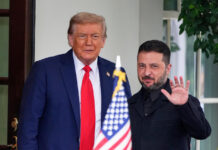U.S. President Donald Trump has agreed to extend a key deadline in trade negotiations with the European Union (EU) to July 9, temporarily averting the threat of steep tariffs that had raised fears of a transatlantic trade war.
The decision followed a phone call between Trump and European Commission President Ursula von der Leyen on Sunday, which both sides described as constructive. Von der Leyen said she had a “good call” with the president and was ready to move “swiftly” to finalize a deal, requesting until July 9 to secure what she described as a “good deal” for both sides.
Trump, who had earlier threatened to hike tariffs on EU goods to 50% starting June 1, confirmed the extension, stating on his Truth Social platform that it was his “privilege to extend the deadline.” Speaking to reporters, he added that von der Leyen had assured him of the EU’s intent to “rapidly get together” to resolve the matter.
The delay comes amid rising tensions. Trump has repeatedly criticized the U.S.-EU trade imbalance, pointing to the bloc’s $600 billion in exports to the U.S. last year compared to $370 billion in imports from the U.S. He argues that tariffs will help protect American manufacturers and jobs, particularly in the automotive and agricultural sectors.
However, his protectionist policies have drawn sharp criticism from economists and global leaders, who warn that tariffs act as a tax on domestic consumers and disrupt international supply chains. Currently, a 25% U.S. tariff remains in place on EU steel and aluminium, despite previous agreements to pause other tariffs pending negotiations.
Trump’s threat on Friday to impose a blanket 50% tariff on EU imports alarmed European officials. EU Trade Commissioner Maroš Šefčovič reiterated the bloc’s desire for a fair resolution, saying: “EU-US trade is unmatched and must be guided by mutual respect, not threats. We stand ready to defend our interests.”
The EU had earlier prepared retaliatory tariffs of 25% on €18 billion worth of U.S. goods, but these were paused to allow talks to proceed. The bloc is also consulting on further measures covering up to €95 billion in U.S. imports, underscoring the high stakes of the negotiation.
European capitals, particularly Berlin and Paris, continue to push for a diplomatic resolution, warning that escalation would harm both economies at a fragile time for the global economy.
With the new deadline set, both sides now face an intense period of negotiations. The outcome could reshape the future of U.S.-EU trade relations, either toward greater cooperation or deeper confrontation.
Written By Rodney Mbua



















